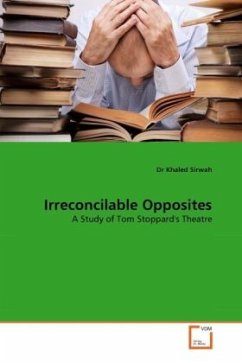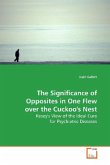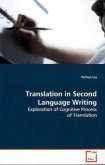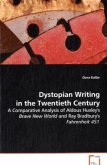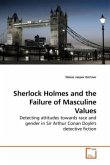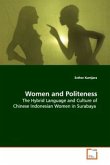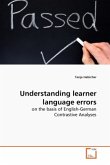Tom Stoppard has often pronounced: "I write plays because dialogue is the most respectable way of contradicting myself." This book shows how Stoppard develops the various contradictions he tackles into different oppositions that are not, and will never be, reconciled. Such oppositions are between the individual and the Establishment, between two opposite views on journalism: the idealistic view (which believes in the freedom of the press) and the realistic one (which believes in the right-thinking press and the closed shop), between the moral absolutes and the relativist morals, between the totalitarian regime and its dissidents, between fate and free will whether man is fated or having free will , etc. In doing so, the book shows Stoppard's dexterity in tackling such different issues as art, love, classicism, romanticism, biography, identity, politics, logical positivism, fate, free will, etc through a number of prominent figures such as George Moore, Alfred Ayer, James Joyce, Tristan Tzara, Vladimir Lenin, Lord Byron, A. E. Housman, Oscar Wilde, etc by dealing with theories like quantum mechanics, Catastrophe Theory, Chaos Theory, etc.

